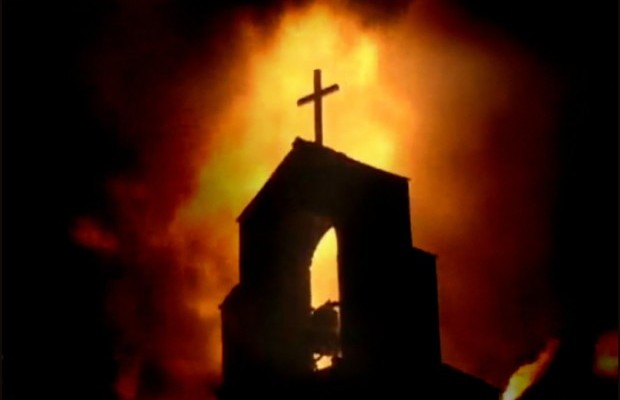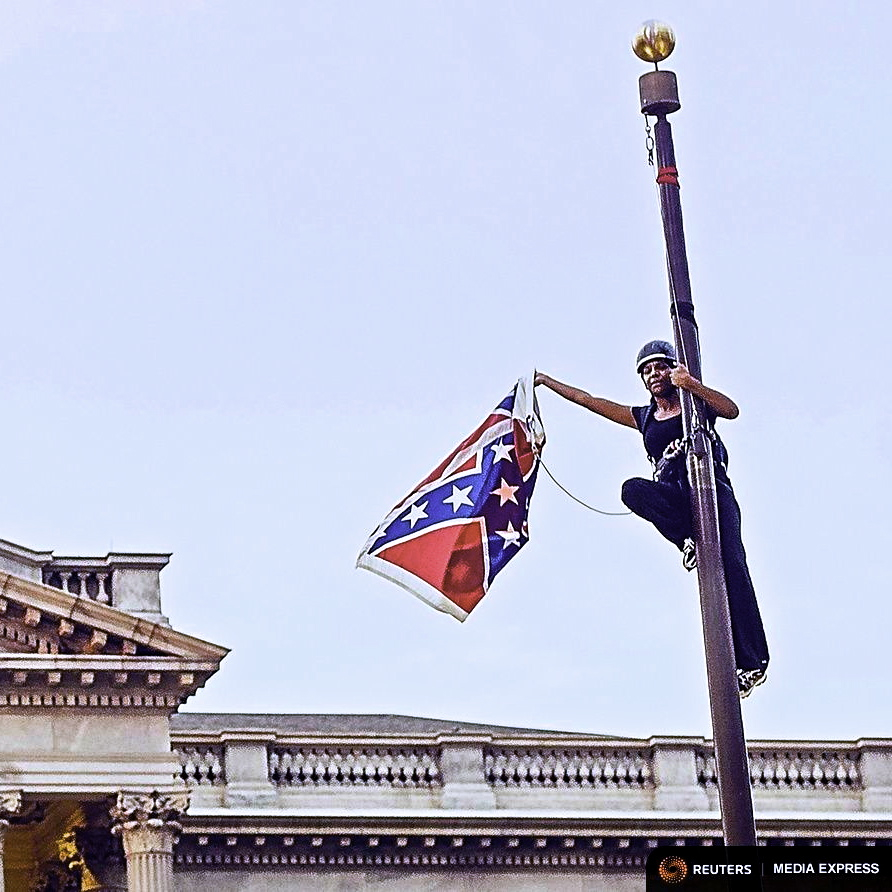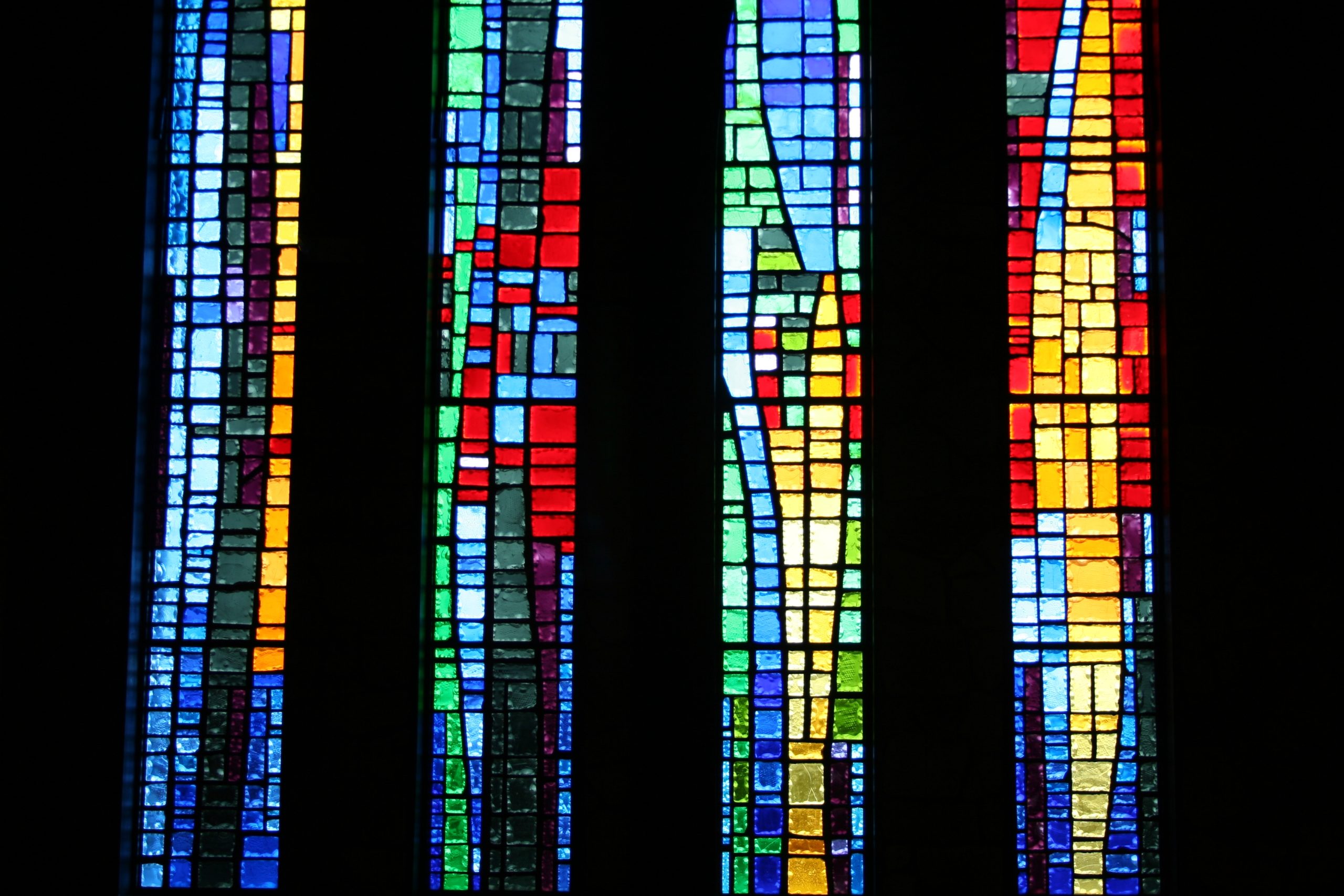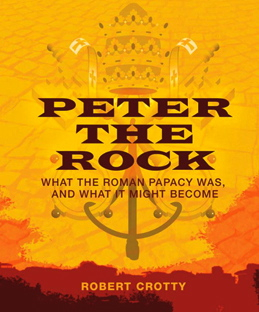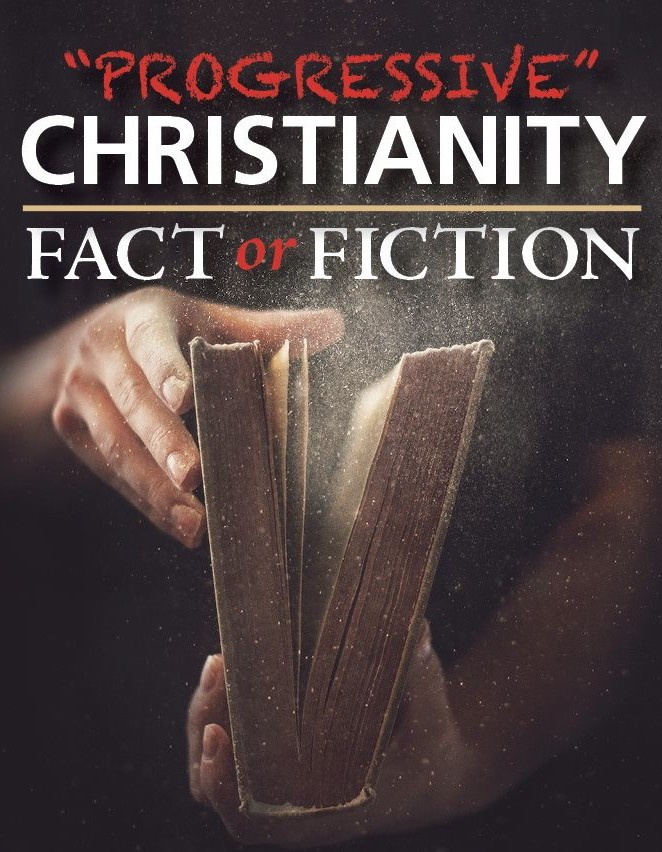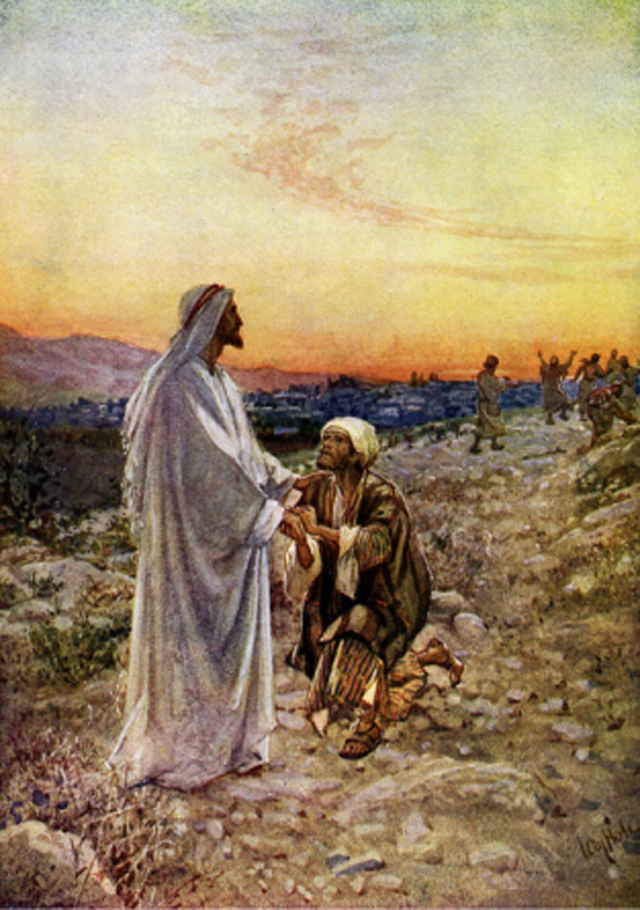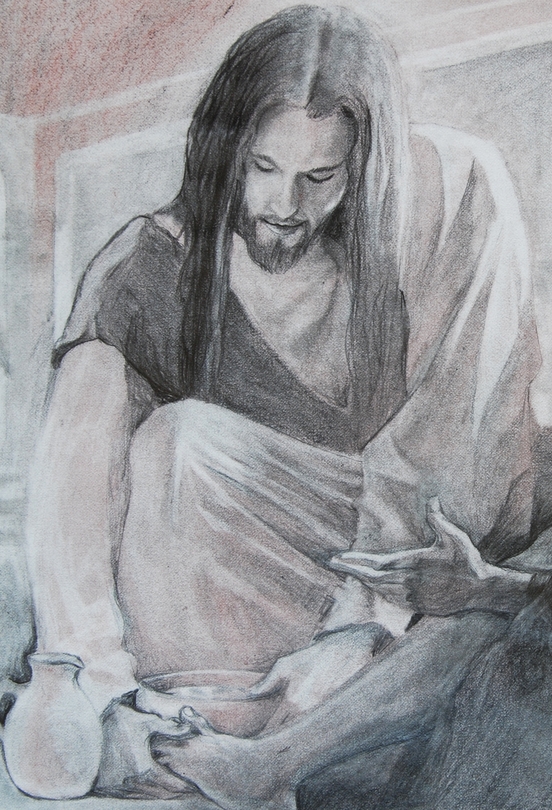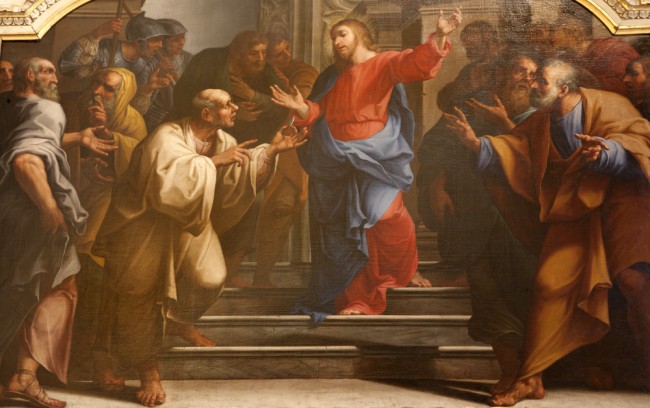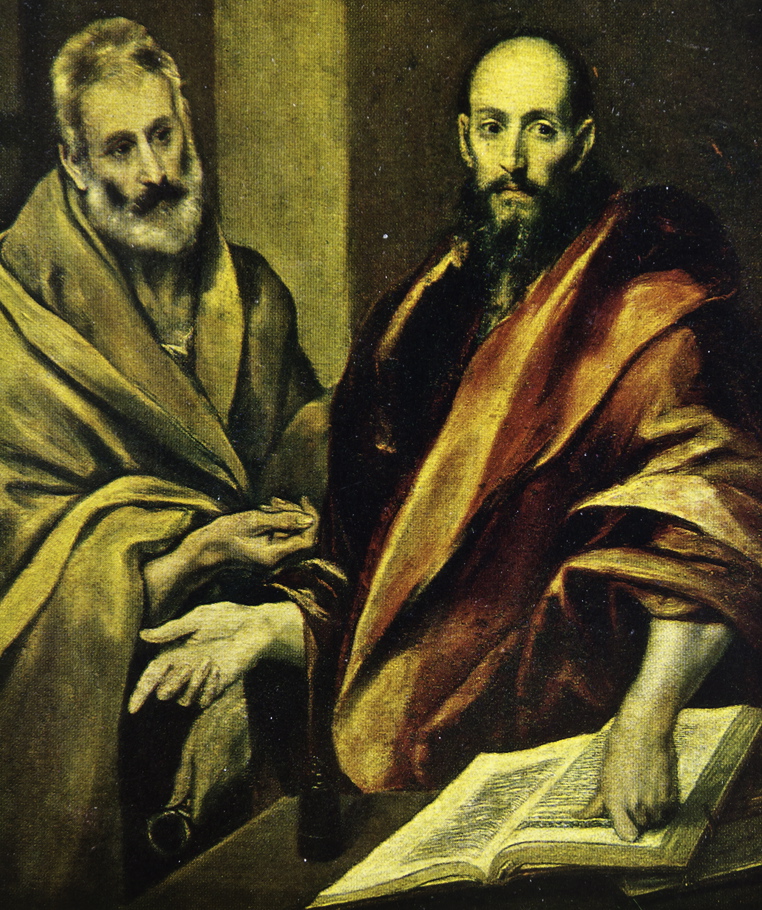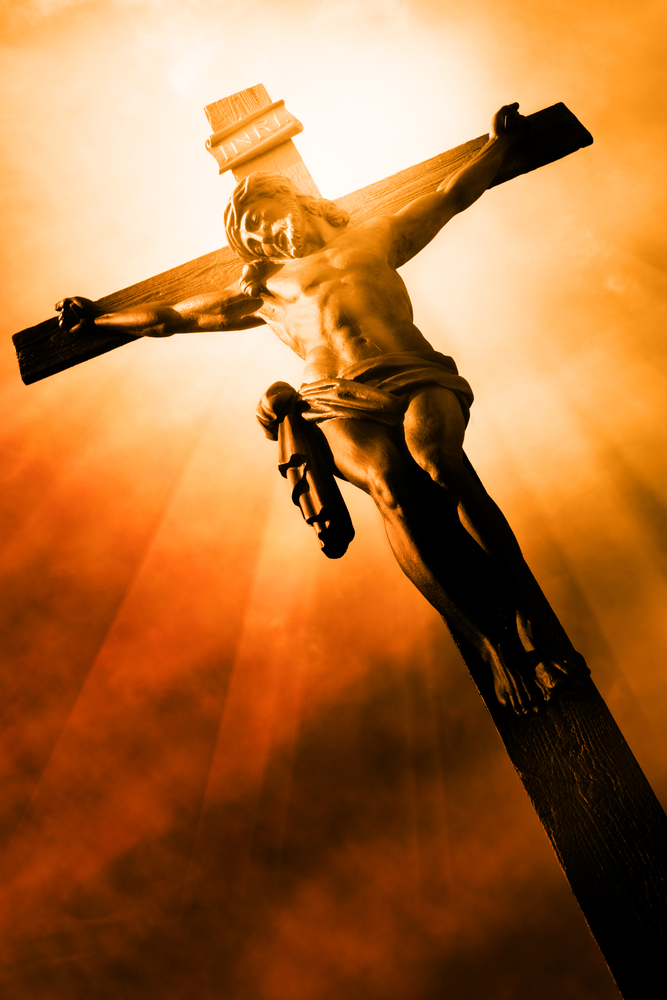A life with renewed purpose, healthy spirituality, embodied values, meaningful connection with others, and hope for a more just future. I write, speak, podcast, and build community surrounding faith shifting issues and anxieties. I want to build the world I want to live in—together, with you.
Gretta represents a small but growing number of clergy who are best described as courageous. The have spoken the truth when others too often fumble for words or refuse to look any deeper than their online sermons.
I am a child of the Black Church. And like so many of my African American LGBTQ brothers and sisters we continue to have a troubled relationship with our places of worship. But like so many of them, I, too, am unsettled by the news of this recent spate of church burnings. None of the church burnings have been labeled as hate crimes- yet I cannot help but notice these church burnings are occurring suspiciously in rapid succession following the Charleston black church massacre, which left nine dead-including its senior pastor.
The words of Bree Newsome rang out across the capital, “In the name of Jesus, this flag must come down.” Having scaled up the flag pole, Newsome did what many have been asking for since the shooting at Emmanuel AME church in Charleston, South Carolina. Newsome took action into her own hands and the symbol of an African-American woman removing the confederate flag that has flown over the state since the time of Jim Crow was a powerful action of resistance, power and pride.
“Forgiving and being reconciled to our enemies or our loved ones are not about pretending that things are other than they are. It is not about patting one another on the back and turning a blind eye to the wrong. True reconciliation exposes the awfulness, the abuse, the hurt, the truth. It could even sometimes make things worse. It is a risky undertaking but in the end it is worthwhile, because in the end only an honest confrontation with reality can bring real healing. Superficial reconciliation can bring only superficial healing.” —Desmond Tutu
It was a very good week for our nation. I rejoice in it, welcome it and give thanks to God for it. The world and the church have the opportunity today to be more profoundly Christian than we were able to be just last week. That is a powerful and a welcomed realization. John Shelby Spong
Who would dare to challenge the tradition that Jesus appointed Peter to be the rock, the foundation of the Christian Church? Who would
Just when I had concluded that Jeb Bush was the likely Republican nominee for president in 2016, he said something that dumbfounded me: "I hope I'm not going to get castigated for saying this by my priest back home, but I don't get economic policy from my bishops or my cardinals or my pope. And I'd like to see what [the pope] says as it relates to climate change and how that connects to these broader, deeper issues before I pass judgment. But I think religion ought to be about making us better as people and less about things that end up getting in the political realm. " (New York Times, June 17, 2015)
“Faith Fight”—that’s what the local news is calling it. Eight churches in Fountain Hills, Arizona, led by the Rev. Bill Good, pastor of
This Easter, progressives will once again preach sermons and write articles in order to do their best to re-frame the Jesus story in a positive light. This isn't one of those articles.
As Christians we are called to love one another above all else, but what happens when we unwittingly bring in elements that illicit feelings of exclusion, rather than loving inclusion, among those at our worship services? Monette Chilson explores two practices with the potential to ostracize and calls us to reexamine them.
The idea of a second coming of Christ is a mystery, if not explicitly controversial. Jesus’ followers apparently believed he would return during their lifetime after he was crucified. When that didn’t happen, later followers gradually changed the belief into an indefinite “someday.” After two thousand years of waiting, most Christians no longer look for it to happen in their lifetimes and acknowledge that Jesus may have been speaking metaphorically about his return. It is just as likely that those words were put into Jesus’ mouth by the gospel writers themselves. Wishful thinking?
Why may the majority of scholars be right, that the Bible is not a reliable book of history, although much of its historical sections are indeed based on actual events and real places in the larger picture?
Paul endorsed the Roman status quo, politically. He made the real issue identification with a descended (divine) savior, spiritually raised and soon to return. The Jerusalem group shared the last point but emphatically not the first two of Jesus' divinity nor acquiescence to Roman rule. Their expected Messiah (dramatically shifted after his death to a returning one) would establish peace with Jewish centrality and abolish the MILITARY dominance of other kingdoms but not the existence of other nations.
But the loss of their key center and probably the main leadership and overall strength of the movement opened the way for Pauline Christian influence which is clear particularly in Luke (both his Gospel and Acts).
The great dividing line for two religions and the relationship between them is the period of 66-70 CE, which ended in the destruction of both Jerusalem and the great "Second Temple". For Jews of the time this destroyed the political, economic and religious organization of Israel....
So in a round-about way, Gamaliel, as quoted by Luke, is giving us a powerful clue about what kind of literature the Gospels are — a unique mix of a few core historical events with lots of theological overlay, all blended with a good dose of the kinds of stories of miraculous signs that we know were common and sometimes persuasive in that day. And not surprisingly…. They still are today!
I've titled this as about the Resurrection, which is just one part of a complex of beliefs... but let's return and end there... What similarities or differences do you see in Paul's Resurrection statements and beliefs and those of the early Jerusalem Jesus-followers?
I have hope that something very special is happening in our world and I would like the Christian tradition to be part of that positive, evolutionary change. But I believe there are things that progressive leaders, progressive teachers and progressive Churches, have to do immediately, if that we are going to have a chance to make it work.
I have hope that something very special is happening in our world and I would like the Christian tradition to be part of that positive, evolutionary change. But I believe there are things that progressive leaders, progressive teachers and progressive Churches, have to do immediately, if that we are going to have a chance to make it work.



